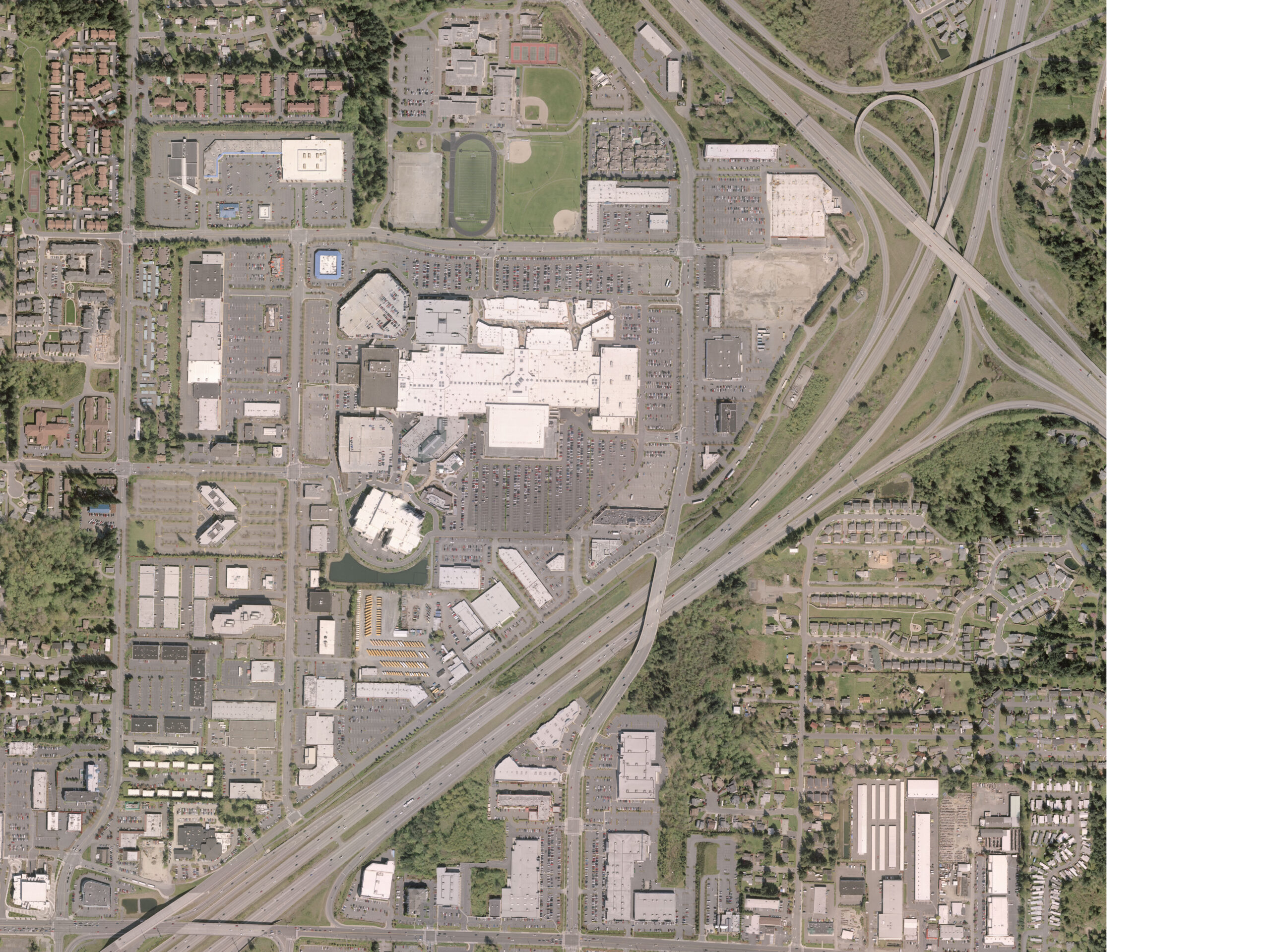A Tim Eyman-backed attempt in the Snohomish County city of Lynnwood to repeal the city’s $40/year vehicle fee has been thwarted by a mayoral veto, leaving funding for vital multimodal transportation projects intact.
Mayor Nicola Smith, who will soon be leaving office, decided on November 3rd to veto the Council’s repeal ordinance, which Tim Eyman had dubbed a “huge car tabs victory” and a “big win!” The mayor noted that “none of the regular and important budgeting best practices were followed in the Council’s rushed process for Ordinance No. 3400” and that the Council “disregarded proper procedure” for seeking public input in its zeal to do the bidding of anti-tax forces.
“Ordinance 3400 has the potential to jeopardize the safety and lifespan of Lynnwood’s streets and roads,” the Mayor added.
“This infrastructure is critical to the economic vibrancy of our local businesses, and exists because of incalculable amounts of past investments of public monies.”
“Lynnwood’s heavily-traveled streets and sidewalks require continual maintenance. The cost to remedy the results of deferred maintenance are unaffordable. Approximately $1 million in revenue for streets and sidewalks each year, or about one-third of Transportation Benefit District (TBD) revenue, come from vehicle license fees. Analyses of Lynnwood’s TBD program indicates that current revenues do not meet the need now.”
“Vehicle license fees fund ongoing road and traffic signal maintenance, street overlays, sidewalk and ADA improvements, and maintenance of crosswalks. At this time of rapid growth and the imminent arrival of light rail, the City should ensure our local transportation system is ready to meet these challenges.”
Lynnwood is fortunate that Mayor Smith was willing to take a stand against this incredibly dumb anti-tax stampede by the Council, cheered on by Eyman. If the repeal had gone through, Lynnwood’s transportation funding would have taken a massive hit, dealing a huge blow to the city’s efforts to implement its Americans With Disabilities Act transition plan and provide basic street maintenance.
A subsequent attempt by the anti-tax faction on the Council to override Smith’s veto failed because none of the councilmembers who originally voted against the ordinance switched sides, leaving the anti-tax faction one vote short.
As the Mayor’s above-excerpted veto message made clear, Lynnwood has limited mechanisms available to it for funding its transportation needs.
The Council proposed doing away with a source of funding that provides a third of its TBD revenue without replacing that funding. Yet, bizarrely, prior to the vote on overrriding the Mayor’s veto, Council President George Hurst — a member of the anti-tax faction — told his colleagues: “I would hope we’re going to provide more funding for roads. I think we can do it without this vehicle fee.”
But Hurst did not explain how the city could provide more funding for roads despite gutting one of its key transportation funding sources, which currently provides a third of the city’s transportation funding. Very Eymanesque.
This is typical deceitful anti-tax rhetoric.
Campaigners for gutting taxes always portray tax cuts as a positive move and frequently argue that there’s either plenty of money out there for our needs or that we can find the money needed to pay for public services some other way.
They then conveniently fail to propose that other way.
Vehicle fees provide stable funding that Lynnwood can count on for its transportation needs. They are paid by residents who own cars, who are the heaviest impact users of the city’s streets. Those who don’t own a car do not have to pay a fee. The money stays in the city and improves the city’s quality of life.
The anti-tax faction argues that since Lynnwood voters approved Eyman’s I‑976 in 2019, voters want their vehicle fees slashed, and the Council should oblige them.
However, most Lynnwood voters actually did not return a ballot in the 2019 general election and thus did not weigh in on I‑976 either way. Turnout for city races two years ago was just 41.84%, which was even lower than the county’s overall turnout of 42.90%, according to Snohomish County elections.
Those voters who did vote in 2019 saw a ballot title that deceptively asked if they wanted to “limit” vehicle fees to thirty dollars per year (though fees would actually have been limited to $43.25, not $30, even after full implementation of the initiative), with the exception of “voter approved charges” (but even charges previously approved by voters would also have been wiped out).
The I‑976 ballot title did not explain that passage of the initiative would erase billions of dollars in funding for roads, bridges, transit, public safety, and freight mobility. And it did not say that local street funding would be wiped out in cities like Lynnwood. Had it done so, the outcome might well have been different.
As Mayor Smith argued, elected leaders have a duty to look out for the needs of the people they represent. Basing the city’s public policy on the outcome of a deceptively worded statewide ballot measure that was so badly written it was struck down in its entirety by the Washington State Supreme Court does not make sense. Mayor Smith is to be commended for protecting Lynnwood’s future against the bad ideas of the City Council’s anti-tax faction. Thank you, Mayor. Well done!

